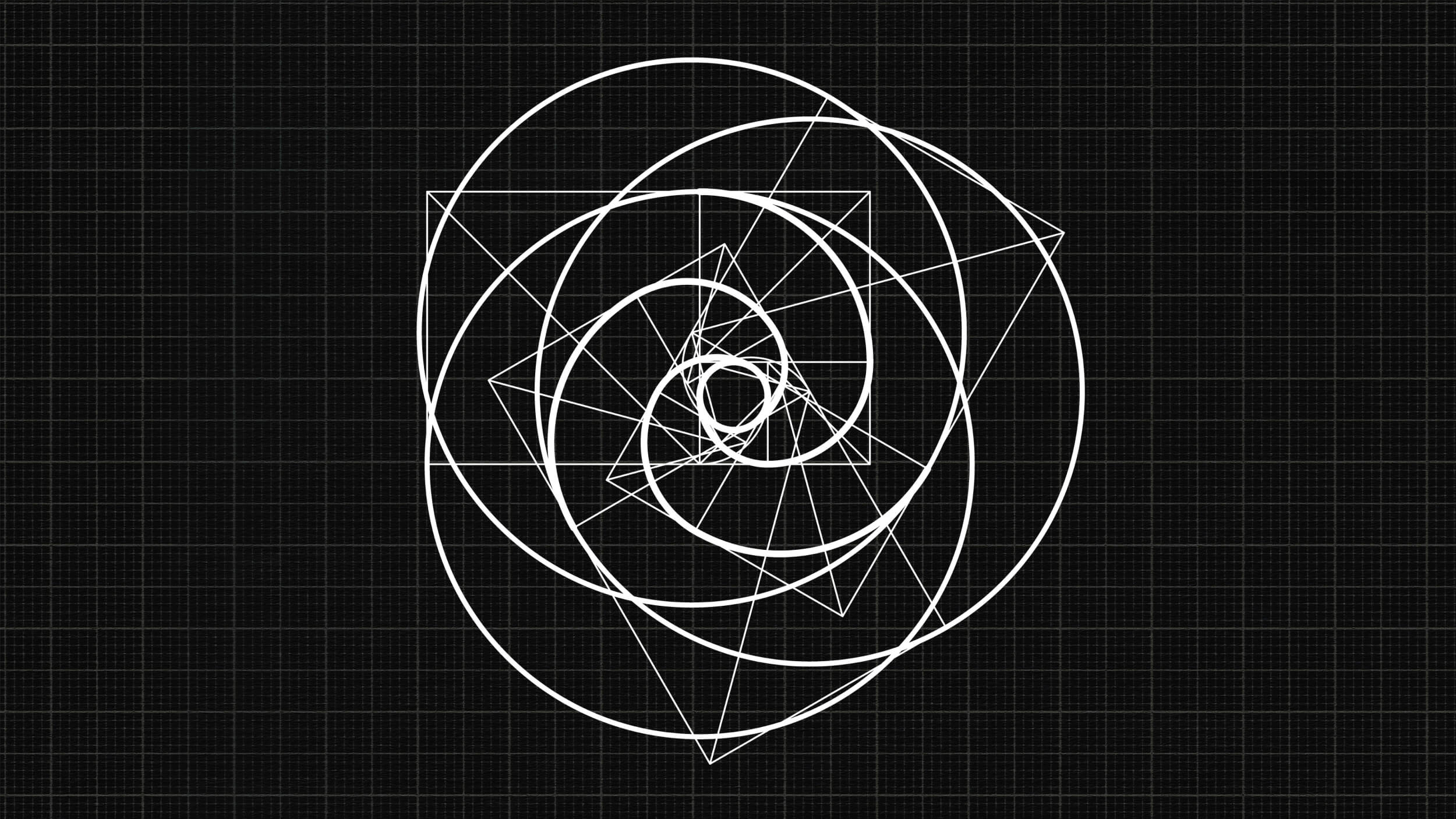People should have access to anything that is fundamentally theirs, says Anne Wojcicki, co-founder of 23andMe.
Topic: Embracing a radical idea
Anne Wojcicki: I’d say 23andMe, as much as we have the reputation for being the consumer-oriented company and we are consumer-oriented, we are so heavy on the science that, to us, it was sort of obvious. Of course you’re going to want your genetic information. We all want our genetic information. Why would you not want genetic information? And I think that’s probably something that we underestimated in terms of the effect that people don’t really necessarily know exactly what do they want to do with the genetic information. Why would they want it?
I think about other industries where it’s been a big technology shift. TIVO was a big shift in how people watched TV, but everyone understood the concept of TV. No one really understands the concept of, well why would I want my genetic information? And I think one of the other big challenges that we have is that healthcare is not a true free market because you are used to going through a doctor and saying you want X, Y, and Z, and not paying for it. And so for that reason, I was telling people, wow, you can get access to your genetic information, it’s much cheaper than some of the other ways you could get it and its all within your control. That’s actually a hard leap for a lot of people because they are not used to paying for anything for healthcare. So, it’s one of the things that we’ve discovered that we have to educate people a lot more about preventative care, why they should actually invest in that, and what are things they should do with the information and the fact that they actually are going to have to take a lot more responsibility for their health. And that’s a pretty big adjustment for people.
Topic: Ethical questions
Anne Wojcicki: I think there are huge questions to deal with. It was funny. Early on in the company we engaged with a number of different bioethicists and we actually talked about employing someone, and then we actually couldn’t get anyone to join because everyone found that this topic was so interesting that they felt this was going to be pivotal to their academic career. So, we’ve engaged with a number of people and we’ve gotten them to always give us feedback on it, but fundamentally one of the things we’ve realized, it is an incredibly interesting area for the ethics community to talk about. Fundamentally, what 23andMe believes is that it is really about choice. And if you want to get access to something that is fundamentally yours, we believe it’s your right to get access to it. It’s not for everyone, that’s abundantly clear to us, and those people should not have to do it. And so, 23andMe really wants to encourage the debate, we want to be a participant in it, we want to be supportive of it, and I think we remain very firm in that we believe that individuals should have the right to get access to this information and how it’s going to be used and what are the good things and what are the bad things that society really needs to have that debate and 23andMe will be there, but that society should put the limits on it.
Recorded on September 30, 2009





